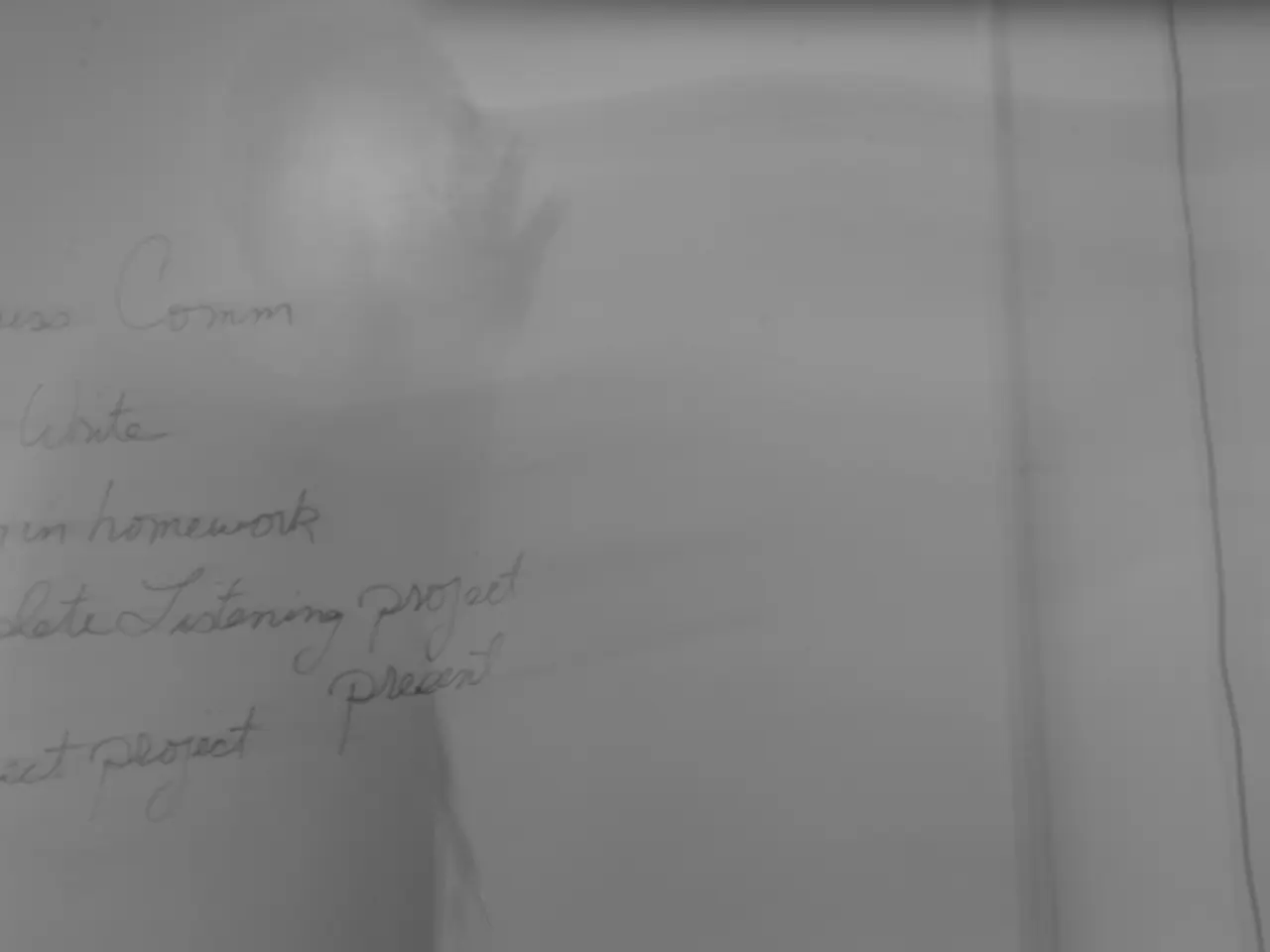Withholding Duty-Free Exemptions for All Countries on Imports
The White House has announced a series of Executive Orders aimed at suspending duty-free de minimis treatment for certain goods from various countries, including the People's Republic of China, Canada, and Mexico. Here's a breakdown of the key changes:
- Executive Order 14193 and 14194: These orders impose additional duties, such as a 25% ad valorem duty, on certain products from Canada and Mexico linked to the emergency declared about illicit drug flow across the northern border. Products from Canada under HTS heading 9903.01.16 may continue to qualify for the de minimis exemption, but this exemption may cease for certain products subject to antidumping, countervailing, or other duties.
- Executive Order 14195: This order focuses on establishing the United States Investment Accelerator and does not directly affect duty-free de minimis treatment for articles.
- Executive Order 14257: This EO suspends duty-free de minimis treatment globally (except for shipments sent through the international postal network) for shipments not covered by 50 U.S.C. 1702(b), regardless of value, country of origin, mode of transport, or method of entry. This is to ensure tariffs imposed under this order are not evaded and to address the trade deficit emergency it targets.
Exclusions to the suspensions include donations for humanitarian relief (food, medicine), informational materials (e.g., publications, films), steel and aluminum goods under Section 232 duties, automobiles and parts under Section 232 duties, goods qualifying under USMCA from Canada and Mexico, and certain other critical minerals and products.
- The Secretary of Homeland Security, in consultation with the United States International Trade Commission (ITC), shall determine whether modifications to the Harmonized Tariff Schedule of the United States are necessary to effectuate this order and may make such modifications through notice in the Federal Register.
- The President has received notification that adequate systems are now in place to fully and expeditiously process and collect duties for articles otherwise eligible for duty-free de minimis treatment on a global basis.
- The President determined it necessary and appropriate to suspend duty-free de minimis treatment to ensure the tariffs imposed are effective in addressing the emergencies declared and to prevent undermining the purpose of the actions taken.
These changes aim to mitigate tariff evasion globally, particularly in response to national emergencies regarding the unusual and extraordinary threats to the safety and security of Americans caused by illicit drugs. The costs for publication of this order shall be borne by the Department of Homeland Security.
For more information, please refer to the relevant Executive Orders and consult with the appropriate departments and agencies.
- The changes in the executives orders aim to address the illicit drug flow emergency across the northern border by imposing additional duties on certain products from Canada and Mexico, while some Canadian products under specific HTS heading may still qualify for de minimis exemption.
- The Secretary of Homeland Security, in consultation with the US International Trade Commission, may make modifications to the Harmonized Tariff Schedule of the United States to ensure these executive orders are carried out effectively.
- The global suspensions of duty-free de minimis treatment, excluding donations and certain other goods, are aimed at preventing evasion of tariffs and ensuring the policies are effective in addressing the emergencies declared, particularly in relation to health and national security.
- The White House has made significant changes in the finance and business sectors, particularly by suspending duty-free de minimis treatment for certain goods, to address issues in other areas such as crime-and-justice, general-news, and environment, as well as ensuring economic sectors like automobiles and steel remain unaffected.




